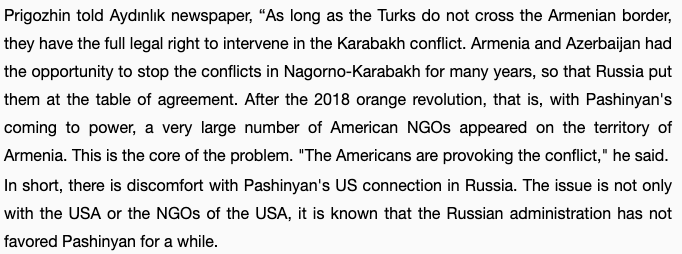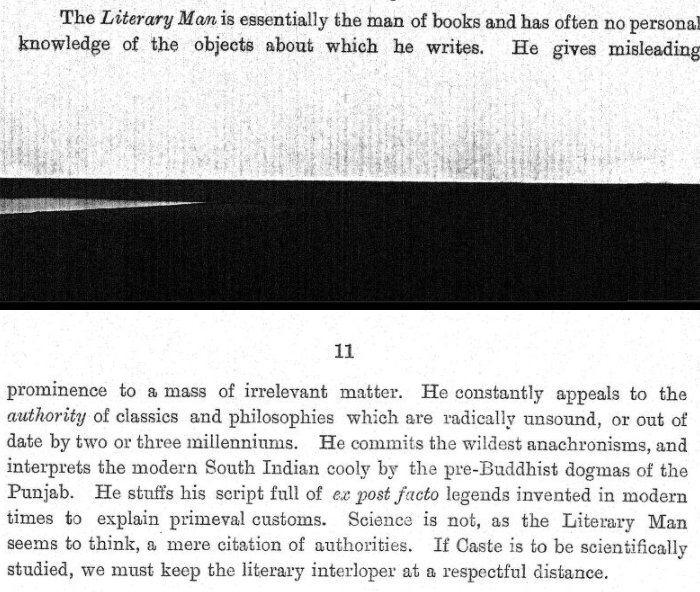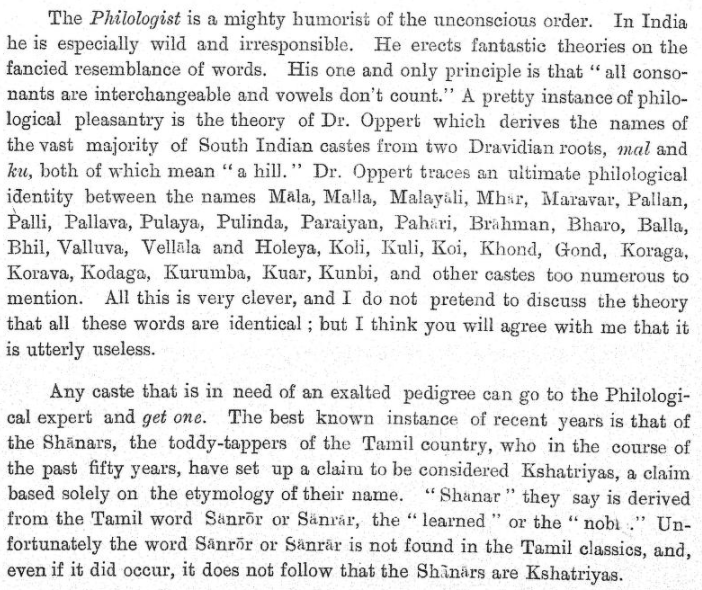
There is this little girl whose father was the official priest of a deposed king. She spent all childhood more as a boy than a girl - sword fight, horde riding and all those. One day, she was asked as a wife for a heirless old Brahmin king. She gave birth to a posthumous child.
When negotiations were going on over adoption of a heir, the king died and the British refused to accept the adoption. She petitioned but to no avail. The dead king had a strange habit. Weekly once he used to dress like a woman and gave public audience.
People thought he was eccentric. Somehow, someone asked him the reason why he did that. He replied simply, my power is nothing more than that of a woman in a house. This is just my symbolic protest of that. Now, this kingdom had a great reputation as a knowledge centre.
Every book in North India had a copy here. Now, it so happened that the queen had to rebel. The fort was put on siege and it eventually fell after a spirited resistance. Her friends tried to help her but the British were too hard for them.
When the inner fort fell, guess what the queen did? She didn't surrender. She cut her way through the main gate with 1500 chosen troops and the royal treasury amidst them. She marched off royally in the thick of the fight.
She rode non-stop for almost 150 miles before hitting safe ground. Not many know that she got into menses because of that rough exit and a long ride. Think of the physical hardship she had to go through. Now, the queen is gone and her kingdom is gone -
the frustrated occupiers literally looted everything - including door frames and utensils. One sad tale was that of an old Brahmin Notyagnihotri, who seeing these pillagers hid the bowl in which he keeps his fire. Someone noticed that and thinking he is hiding some treasure,
the soldier snatched the bowl and put his hand in, only to pull out a burning coal. The old man was bayoneted on the spot. It was an utter carnage. By the way, that library which the city was famous, it's the largest destruction of knowledge in India after Nalanda.
Now, the queen without a kingdom tried to hold her ground - she procured some armies, fought and was ultimately killed. She was in a hand-to-hand fight when she was killed. She killed many but outnumbered, ultimately fell when a sword chopped her cheek off.
Her men noticed her falling and before the British realised she fell, they carted off her body and cremated her. Her father was also a part of the 1500 troop when left the kingdom. He was injured in the melee and left in the direction of a different kingdom.
He took shelter with a small shopkeeper who tended to him. But, when he got to know who his guest was, he got scared and informed the authorities. He was brought back and hanged. What happened to her adopted son? He was a small boy.
The queen's men took care of him and when they were out of money, the boy surrendered to the British. Because he was still a small boy and he surrendered after the war was over, he was spared.
He was given a small pension and was ordered not to go near his kingdom, and not to use his surname. He took a new surname after his lost kingdom and his descendants still survive scattered all across West-Central India.
We still remember the queen for her bravery but we are unconcerned about what happened to her son. Is it because we are not interested or is it because he was deliberately erased from public memory?
On Damodar Rao.
cbkwgl.wordpress.com/2012/12/23/the…
cbkwgl.wordpress.com/2012/12/23/the…
• • •
Missing some Tweet in this thread? You can try to
force a refresh












